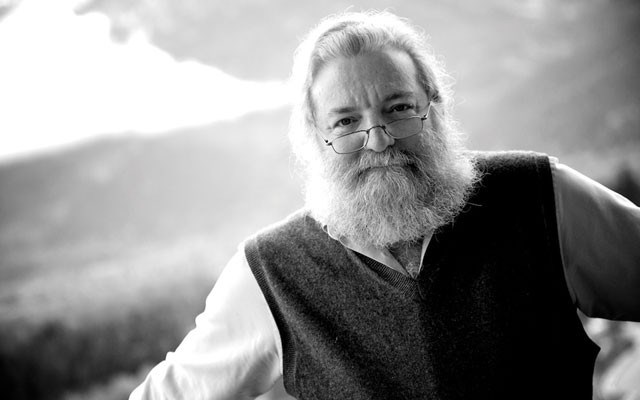There are few topics that arouse such passionate arguments as the discourse around climate change.
If only everyone knew exactly what they were arguing about.
"This is a subject about which people are very passionate on all sides, and in which there is, in my view, a large amount of misinformation," said David Helfand, president and vice-chancellor of Quest University Canada in Squamish.
This week Helfand started a course titled Global Warming: What We Know and What We Don't Know, to try and help navigate the passionate discourse.
"What I try to do in this class is to begin with a discussion that draws out people's passions on this subject, and maybe some misinformation that they're using to support those passions," Helfand said.
There are a lot of simple misconceptions around the science of climate change, but there's also a good deal of something Helfand refers to as "disinformation."
"Disinformation is when people with a vested interest in the subject deliberately propagate false statements and sort of obfuscatory statements, things that obscure what's actually going on," he said.
The most basic example of disinformation is that there is any debate in the scientific community that climate change is happening, Helfand said.
"There is no debate about what is happening. There's debate about the future, and what will happen... but there's no debate about the basic data.
"It doesn't matter what your political position is. The arctic sea ice cover has fallen by close to 50 per cent in the last 15 years, and that's a fact. You can't wish it away or pretend it doesn't exist."
The spread of disinformation is far from isolated, and in some cases it extends to the highest branches of government, as is the case with U.S. Republican Senator Jim Inhofe, who published a climate change denial book and currently sits as the head of the US Senate Committee on Environment.
"His argument is — and I'm not making this up — that it's just absurd to think that man is (causing climate change). 'How could we be so arrogant to think that we can change climate, which is one of God's jobs?'" Helfand said.
"There's a lot of people and a lot of money invested in the current infrastructure, and so obviously there's a lot of vested interests that don't want to see rapid change."
In his course, Helfand will broach the subject using what he calls a "dispassionate" analysis — shying away from the appeals to emotion found in the trailers of Hollywood movies such as The Day After Tomorrow and even Al Gore's An Inconvenient Truth.
"That's the wrong way to address this issue, because emotions are easily manipulated," Helfand said.
"They're primitive instincts, and this is not an issue that is solvable by appealing to emotional instincts. It has to be rationally and dispassionately analyzed, so that we can have a realistic assessment of where we've been, where we are and where we're going.
"Only then can you make difficult choices, and there will be difficult choices to be made, most likely, about what to do."
The course doesn't involve homework, assignments or exams, and no technical experience is necessary.
"I will explain everything. I've spent 40 years teaching science to people who are not scientists, so I know how to do that," Helfand said.
"It shouldn't be too stressful. I'll give them a few things to read and a few simulations to play with."
By the end of it all, Helfand said he hopes students will be able to correct some of the misinformation that's out there on their own.
"I'm not trying to convert them into either climate skeptics or passionate climate alarmists," he said.
"I just want to equip them to have an intelligent conversation where they don't make the same simple mistakes that everybody makes, and where they have some depth of understanding both of the science and of the communications problems."
Global Warming: What We Know and What We Don't Know started Tuesday, Feb. 17 and runs for four weeks.
Registration is $125 plus tax.
For more information on this and other Quest courses, visit www.questu.ca.




